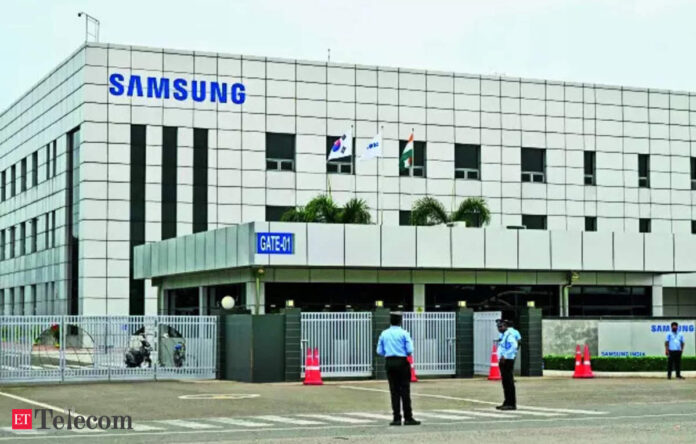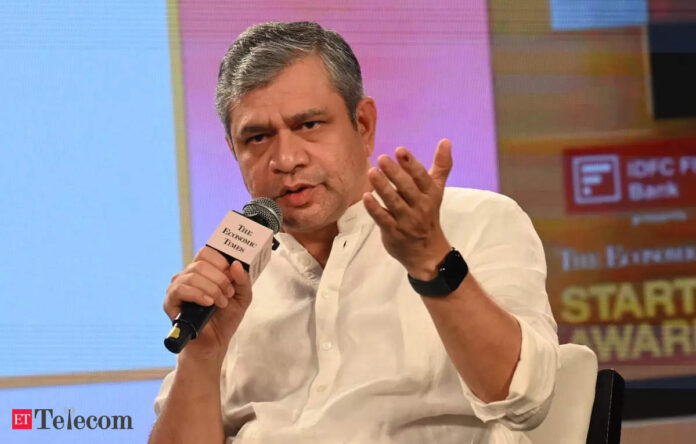In Short:
Tata Electronics has trained 400 employees and plans to send more to Taiwan for chip manufacturing skills. Major Indian companies, including Tata, Reliance, and Adani, are hiring expatriates and returning Indians to address a talent shortage in sectors like EVs and renewable energy. Tata is investing Rs 91,000 crore to create a semiconductor facility in Gujarat, generating thousands of jobs.
Several major conglomerates in India, including Tata Group, Reliance Industries, Adani Group, Vedanta, Larsen & Toubro, and JSW Group, are actively seeking to hire expatriates and returning Indians. This effort is aimed at bolstering their initiatives in renewable energy, semiconductors, electric vehicles (EVs), green energy, hydrogen, solar energy, and battery technology. Company executives and search industry experts indicate these efforts are a response to significant local talent shortages as firms strive to realize their ambitious expansion strategies.
Recruitment of International Talent
Companies are focusing on professionals from countries such as the Philippines, Malaysia, Hong Kong, Taiwan, Japan, Vietnam, as well as the US and Europe. The majority of recruitment activities are concentrated at the senior leadership level. According to Navnit Singh, chairman and regional managing director of Korn Ferry, a global executive search and HR consulting firm, “Many companies in areas such as batteries, EVs, semiconductors, hydrogen and green energy, are seeking to hire returning Indians and expats from countries such as Taiwan, the Philippines, Vietnam, Malaysia, the UK, and the US.”
Tata Group is in the process of establishing an AI-enabled semiconductor fabrication facility in Dholera, Gujarat, in collaboration with Powerchip Semiconductor Manufacturing Corporation from Taiwan. The group is actively seeking experienced talent from Taiwan, particularly in equipment and automation engineering, as confirmed by a company official.
Investments and Job Creation
The Tata Group has allocated up to Rs 91,000 crore for the construction of the fab unit, an initiative projected to generate over 20,000 direct and indirect skilled jobs. The group envisions a multi-fab strategy for Dholera, targeting the creation of more than 100,000 skilled jobs overall.
Atul Vohra, managing partner at Transearch India, a leadership search firm, remarked, “There is a whole hiring of expats and returning Indians across the board happening in most of the large conglomerates that have lined up expansion plans or are foraying into new business areas.”
Adani Group, with ambitions to reach a renewable power capacity of 50 GW by 2030, is collaborating with Tower Semiconductor from Israel to establish a semiconductor chip manufacturing facility in Taloja, Maharashtra. The group is hiring expatriates for specialized roles in addition to positions in the digital and technology sectors.
“Talent for such roles is sourced from the Asia Pacific,” stated a knowledgeable source. “Typically, these roles are in mid-to-senior management.”
Aditya Narayan Mishra, chief executive of Ciel HR, highlighted the challenges faced by companies in finding domestic talent in emerging skill areas. “There is a huge rise in demand for people in senior roles from the Asia Pacific region,” he noted.
L&T Semiconductor Technologies, which has established offices in Japan, Europe, and the US, and has acquired the semiconductor design startup SiliConch Systems, has also engaged expatriate executives.
Reliance, Vedanta, and JSW did not respond to inquiries regarding their recruitment strategies.





